
European colonization reshaped the world in lasting and often surprising ways. Centuries-old decisions still shape today’s economies, cultural identities, and global power dynamics. Let’s journey through key historical moments to see how the footprints of the empire still leave marks on the modern world.
Redrawing Global Borders And Political Systems
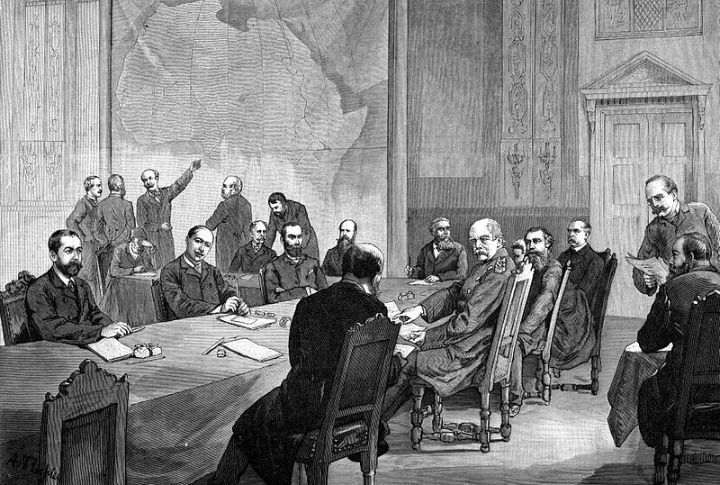
In 1884, European powers divided Africa at the Berlin Conference, disregarding cultural and ethnic boundaries. Today, 70-80% of Africa’s borders still reflect those colonial decisions that contribute to ongoing conflicts. The arbitrary lines created during this time separated communities and fueled tensions that continue to shape the continent.
Initiating The Columbian Exchange And Agricultural Shifts
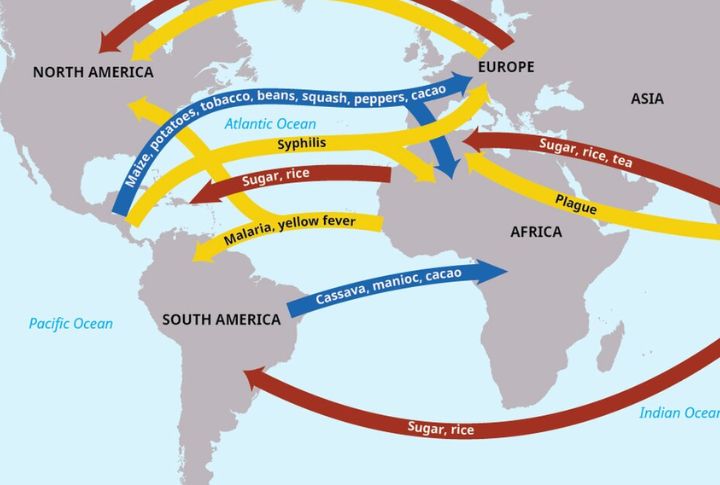
Following Columbus’s 1492 voyage, the Columbian Exchange significantly changed global diets with the introduction of potatoes, tomatoes, and chocolate from the Americas. In return, Europeans introduced crops such as wheat and sugar, which reshaped agriculture in the Americas and left a lasting impact on the region’s ecosystems.
Impacting Environmental Settings And Biodiversity
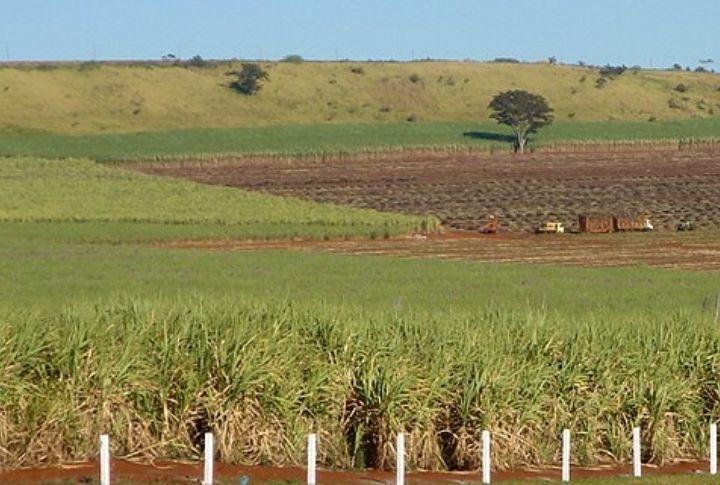
The rise of colonial plantations across Brazil and Indonesia resulted in the permanent erosion of forests and the reshaping of ecosystems. Europeans introduced non-native crops, such as rubber and sugarcane, and disrupted biodiversity. Today, the sprawling sugarcane fields in Brazil serve as a striking reminder of how colonial agricultural practices reshaped global ecosystems.
Establishing Educational Systems And Institutions
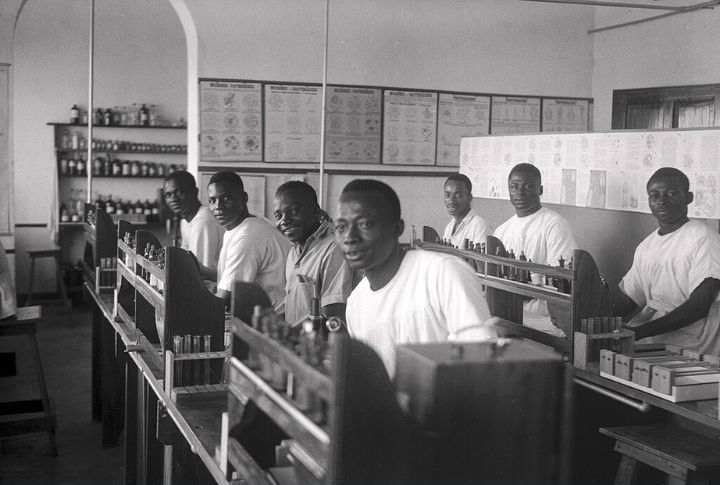
During colonialism, Europeans imposed Western education systems on their colonies, which led to a significant rise in literacy rates among the colonized populations. However, this shift in education often came at the expense of indigenous knowledge, local languages, and deeply rooted cultural practices.
Influencing Legal And Administrative Systems

Colonial legal systems established by European powers continue to shape governance worldwide. British common law, for example, remains integral to the legal frameworks in countries such as India and Canada. These centuries-old structures have left a lasting imprint, influencing how societies uphold laws and maintain social order worldwide.
Introducing New Religions And Belief Systems

Beginning in the 15th century, missionaries accompanied European traders to spread Christianity. Colonial expansion often went hand in hand with their efforts, which proved crucial in reshaping the religious landscapes of Latin America and Africa. Today, nearly 80% of people in these regions are Christians, with Catholicism remaining dominant.
Altering Cultural Identities And Languages

Languages around the world continue to reflect the enduring influence of colonialism. European powers, particularly the British, spread English across continents, and today nearly 1.5 billion people speak it. The widespread use of English is a result of colonial influence that continues to shape cultural identities and global connections.
Creating Urban Infrastructures That Still Shape Modern Cities
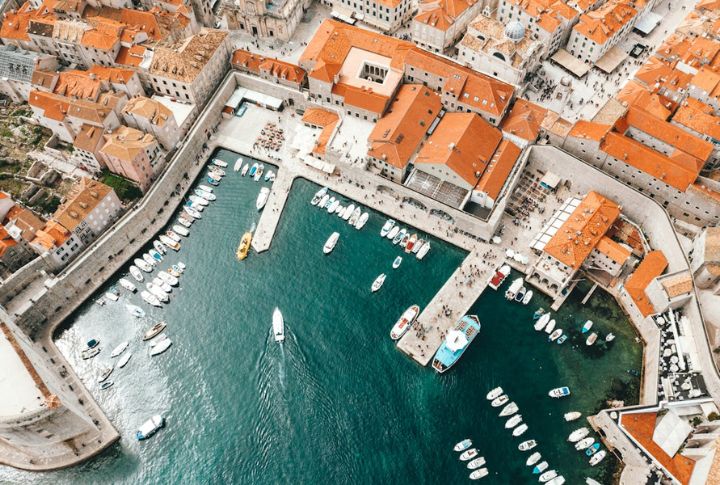
European empires designed colonial cities around the goal of extraction, shaping everything from transportation routes to centralized hubs that funneled goods. Many modern cities still operate within the spatial logic imposed during colonial times, where inherited layouts continue to affect how commercial operations function and growth unfolds.
Spreading Diseases With Devastating Consequences
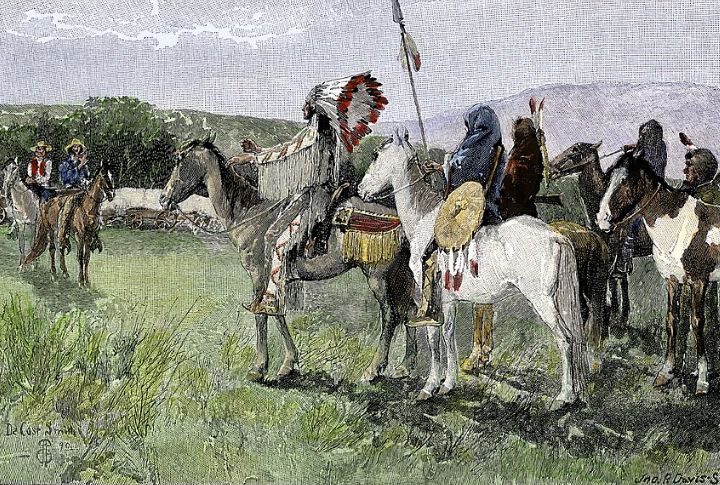
Colonization brought more than ships and settlers—it carried deadly diseases like smallpox and measles that devastated Indigenous populations. In some regions, up to 90 percent of Native Americans perished by the late 1600s. Entire communities were nearly eradicated, which shifted the balance of power and paved the way for European dominance in the New World.
Shaping Modern Concepts Of Race And Identity

Colonial powers played a key role in shaping modern racial classifications, often using pseudo-scientific theories to categorize people into rigid, hierarchical racial groups. These classifications were not rooted in biological or genetic reality but were instead created to justify and strengthen colonial domination and exploitation.

